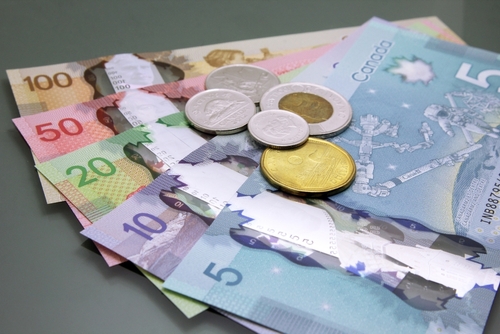At a Glance
- Canadians express significant resistance to country’s digital dollar proposal regarding overreach and privacy concerns
- Older residents still prefer cash transactions rather than digital currency
- Concerns remain about government control akin to social credit system in China
- Most Canadians satisfied with current available payment methods
Canadians Push Back Against Digital Currency
Canadians are concerned that a digital dollar backed by the government could undo their financial autonomy. A study from the Bank of Canada shows concerns regarding government overreach and privacy, with residents hesitant about such a proposal. Older Canadians are the most concerned, as they believe traditional cash as a much more reliable transaction method. This skepticism underscores how much Canadians are concerned about digital currency potentially enabling a surveillance society.
Canadians have expressed reservations about potential new regulations such as Bills C-11 and C-18, with this apprehension also extending to digital currency. Residents are alarmed about the potential for government outreach, as Bill C-18 requires digital platforms to negotiate fair compensation for their use of news content. Many are worried some of these proposals could distort market dynamics and ultimately threaten freedoms.
Skepticism Over Government Control
The study reveals how resilient Canadian cash is and how limited the appeal of a potential central bank digital currency (CBDC) really is.
“Cash remains an important method of payment,” the report states, even though an increasing number of transactions are moving toward electronic forms. Most people are reluctant to jump on board a CBDC over concerns about its speculative nature, as well as doubts over whether it’s reliable and necessary.
The vulnerable groups of people who might benefit from a CBDC in theory often are the most resistant to this type of change. The contradiction shows how widespread the distrust of governmental influence over people’s financial matters is.
The Bigger Picture: Global Trends
Central banks across the world are considering digital currencies, potentially to use as a tool of control. China already uses a digital currency for various surveillance purposes, and it’s a main reason why Canadians are fearful of it.
Mu Changchun, the head of digital currency for the People’s Bank of China, has referred to his country’s approach as “anonymity for small amounts, traceability for large amounts,” which shows just how much the government could overreach.
Through it all, the question still remains: Is a digital currency push a move toward a society that’s more controlled? Many Canadians still aren’t convinced, with resistance mounting and the Conservative Party advocating to try to preserve cash as a mainstay payment method.

